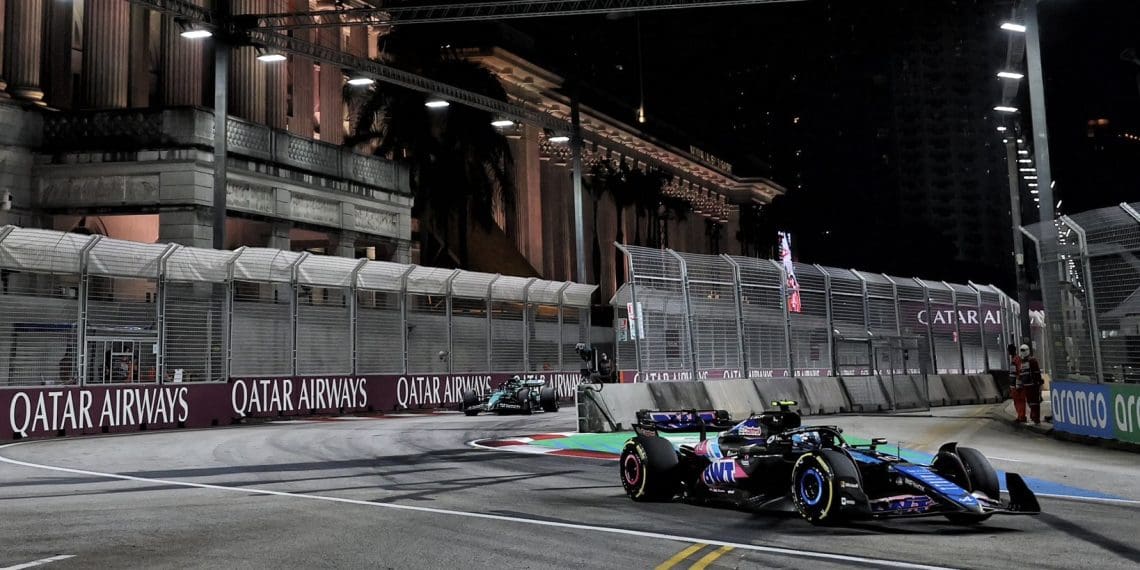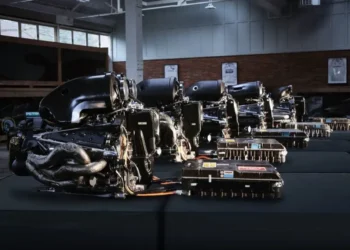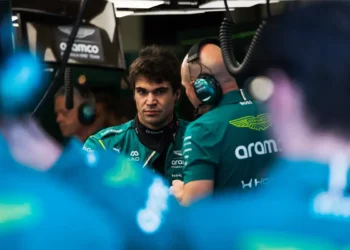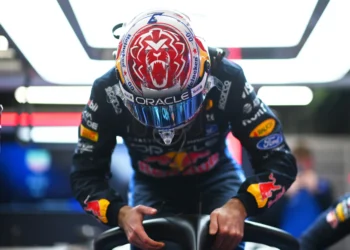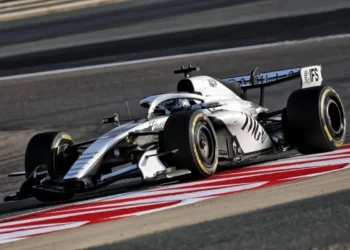n a bold interview with L’Equipe, Renault CEO Luca de Meo defended the dramatic decision for Alpine to race in Formula 1 from 2026 with an engine provided by another manufacturer—most likely Mercedes. This shift marks the end of an era, as Renault has supplied engines for nearly half a century, powering legendary teams like Williams, Benetton, their own works outfit, and Red Bull to 12 Constructors’ Championships.
The decision, which shocked many, is financially motivated. De Meo revealed that Renault has been burning through 200-250 million euros annually at its Viry-Châtillon facility near Paris to produce engines, while buying power units from another manufacturer would cost less than $20 million—a stark contrast.
The Italian executive also pointed out a major logistical disadvantage: Renault’s engine and chassis facilities are located in different countries, with the chassis team based at Enstone in England. “At Enstone, they are very independent, used to working under different colours. I should have regrouped everything, but it would have been in England. Hard, no?” De Meo remarked, emphasizing the challenges of unifying operations across borders.
Addressing speculation about a potential sale of the Alpine team, De Meo refuted claims that former Renault team boss Flavio Briatore had been tasked with preparing the team for a sale. “I read that he was tasked with packaging the project to eventually sell the team. It’s completely false,” De Meo asserted. Despite interest from financiers and wealthy individuals eager to enter F1 before the skyrocketing costs post-2026, De Meo insisted he’s not interested. “I won’t sell; I’m not stupid. Being in F1 is essential for the Alpine brand. We are in a closed club. It brings credibility for the brand among motor racing fans. We don’t need the money.”
De Meo stressed that most fans focus on the team’s performance and drivers rather than the engine supplier. He pointed to McLaren, the championship leaders who are thriving with a Mercedes engine, as proof that a team can be successful and commercially attractive without its own power unit.
Alpine, despite boasting investors like Hollywood star Ryan Reynolds and NFL icons Patrick Mahomes and Travis Kelce, has struggled for visibility, languishing in ninth place out of ten teams and failing to gain marketing traction. “Two more years like that and the project would have deflated completely,” De Meo warned. The CEO expressed confidence in new team principal Oliver Oakes, calling him a “future great” who could help revitalize the struggling team’s fortunes.
The move to Mercedes power is a gamble, but for De Meo, it’s a necessary one to keep Alpine competitive, sustainable, and relevant in the high-stakes world of Formula 1.

